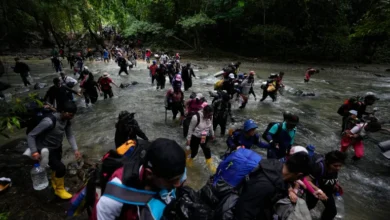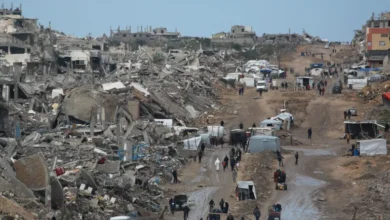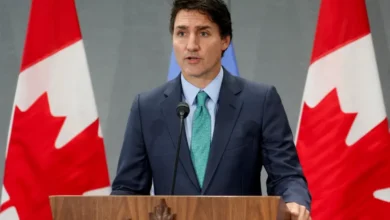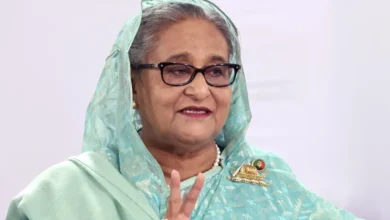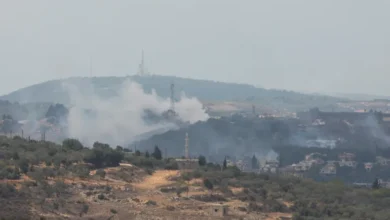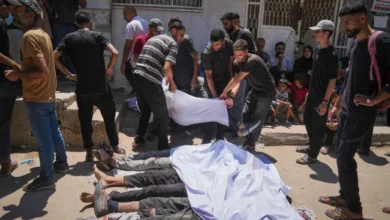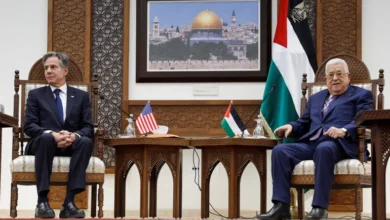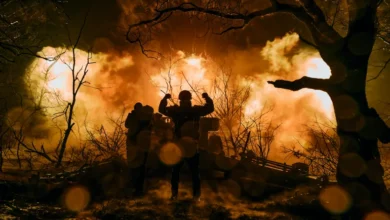Russia will struggle to salvage the Wagner empire
Dimitar Bechev
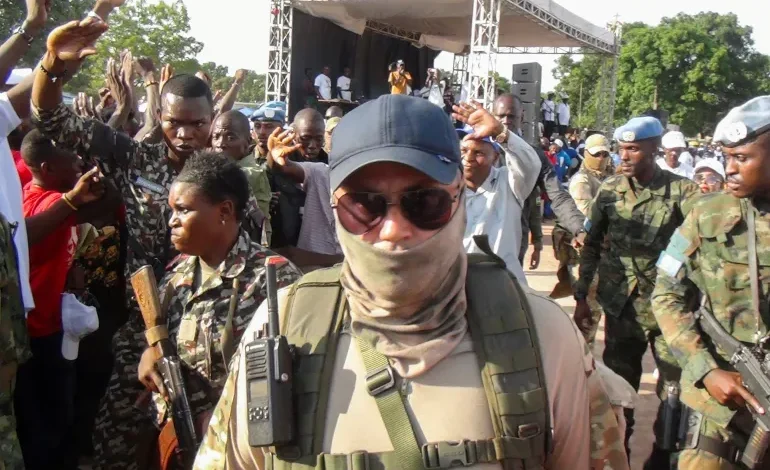
It took Russian President Vladimir Putin some 24 hours to break his silence on the reported death of Yevgeny Prigozhin, the Russian businessman behind the notorious Wagner Group. Putin described him as “a talented businessman” who “worked not only in our country, and worked with results”, but who had made some “serious mistakes in life”.
While the Kremlin still refuses to officially confirm the death of the mercenary boss in an August 23 plane crash, to the Russian president, he is clearly dead: He spoke of the man once known as “Putin’s chef” in the past tense.Prigozhin had it coming. After all, he challenged his patron by starting a mutiny that exposed the fragility of the Russian security state. In late June, Wagnerites took over the Rostov-on-Don headquarters of the Southern Military District, the command centre of Putin’s “special military operation” in Ukraine. They also marched on Moscow, making it within 200km of the capital city and encountering little opposition. The squabble ended in a truce, with Wagner bending the knee and ostensibly moving its forces from Ukraine to Belarus.
Having called the mutiny “an act of treason”, Putin appeared to “forgive” Prigozhin, personally meeting with him and Wagner commanders and having him attend the Russia-Africa Summit in St Petersburg.
Reflecting on the Wagner chief’s demise, Russian commentator Alexander Baunov evoked parallels with the 1970s film classic, The Godfather. He pointed out that whenever mafia bosses would decide to eliminate a challenger, they would first reach out and make peace with him.
Over the past two decades, Putin seems to have also embraced another mantra of the criminal world: You either demonstrate strength or you fall prey.

